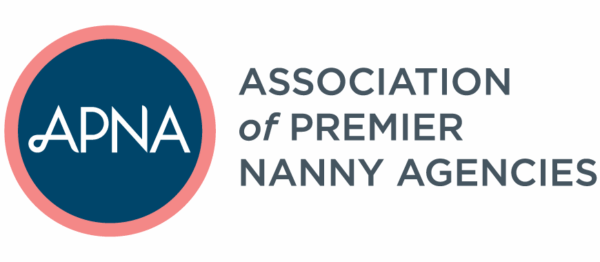
When you place a nanny with a family, she is an employee of the family as long as they are setting her hours and giving her direction. She is not an independent contractor. There is a lot of confusion on parent forums on this issue, but the IRS has ruled definitively that a nanny should be classified as an employee of the family (unless your agency has deliberately employed the caregiver).
In terms of the family’s tax requirements, they are determined by the amount of gross wages that are paid to the temp nanny. If she earns less than $1,900 from the family during the course of the year, they are not required to follow the tax withholding and reporting requirements. If she earns $1,900 or more, the family must go through the “nanny tax” process. Briefly, that means withholding taxes from the nanny’s pay, filing employment tax returns and paying state and federal employment taxes.
Note: If the family pays the nanny $1,000 or more within a calendar quarter, they may not have tax withholding requirements, but will have to pay federal and state unemployment insurance taxes. Some states have a lower threshold, so it’s important for families to check the requirements in their state before their nanny begins work.
It is important for families to remember that, regardless of how much they pay their temp nanny, they are legally considered a household employer and must follow all federal and state labor laws. Many families forget about things like overtime when they hire a short-term nanny.
Ready for some good news to pass along? Regardless of how much a family pays their temporary nanny, they’ll probably qualify for a tax break. As long as both spouses are working or are full-time students, they can apply the nanny’s wages toward one of two tax breaks:
1) Dependent Care Account – Also known as a Flexible Spending Account, or FSA, most companies allow their employees to contribute up to $5,000 of their pre-tax earnings into an FSA to pay for childcare-related expenses. Many families hiring temporary nannies can save around $1,000 by using an FSA – and sometimes more.
2) Child Care Tax Credit – If neither spouse has access to an FSA, the family can take the Child Care Tax Credit by filing IRS Form 2441 with their personal income tax return. Families can generally take a 20% credit on up to $3,000 of expenses if they have 1 child and $6,000 of expenses if they have 2 or more children. This means they’ll save up to $600 for 1 child and $1,200 for 2 or more kids.
Most families hiring temporary or part-time nannies will come out ahead by paying them legally because the small amount of employer taxes they’ll owe will be outweighed by the savings realized through one of these tax breaks. Have the family run a scenario with ourEmployer Budget Calculator to see for themselves. Make sure the family gets the name, phone number and Social Security number of their nanny at the beginning of the relationship because they’ll need this information to fill out the forms necessary to take the tax breaks.
By arming your families with the knowledge of these nanny tax basics, you’re doing them a huge favor. Families aren’t expecting your placement counselors to be tax and payroll experts, but they’ll be thankful that you’re looking out for their well-being beyond just placing a temporary nanny in their home. One positive experience can translate into repeat temp business, permanent placements and positive word-of-mouth advertising.
by Tom Breedlove, HomePay Provided by Breedlove

